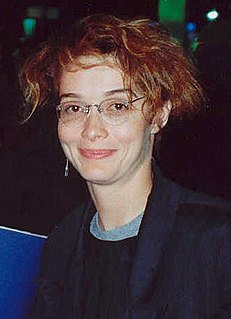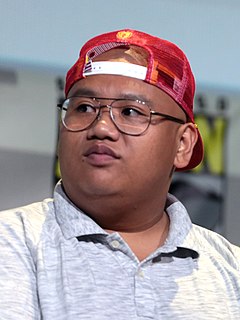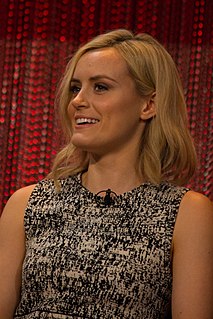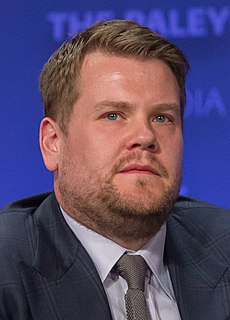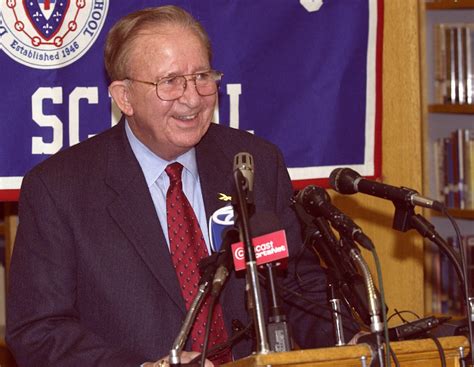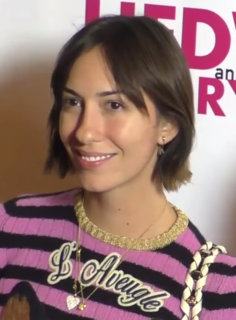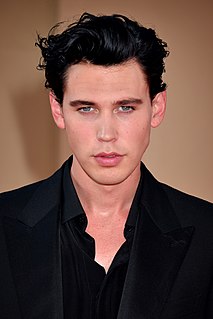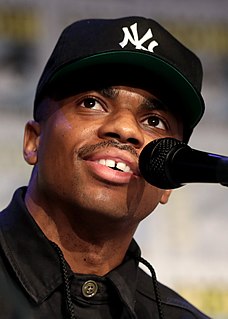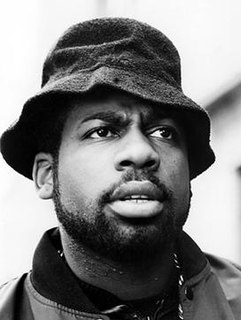A Quote by Melanie Mayron
You can do all the film school you want in classrooms, but if you are on the set, you are going to learn so much more because you are really in the middle of doing it.
Related Quotes
I mean, you can't make anything without making mistakes, is the truth, and I'm very grateful for those misses that I've had in my career at home, because you learn so much more from them than you ever do from the hits. You learn that you really have to work hard, which I wasn't really doing at that time. You sort of think 'I've cracked it, I'm doing it.'And you start to think perhaps you're more of a dude than you really are.
Well, I kind of did the math in my head when I was like, 9. I was like, 'Well, if I want to make films' - because I want to be a director - 'I could just go on a film set and learn there.' And then I ended up falling in love with acting and the set and making friends all the time. And so I've just been doing that ever since.
My biggest difference with our film and those kinds of science fiction films is that they are going from one special effect set piece to the next, what we were doing was more of a character study. And I think that is the freedom that you get by doing an Indie film. You can only really do that with a lower budget. So I understand where the conflict is between those two priorities.
It's often been said that you learn more from losing than you do from winning. I think, if you're wise, you learn from both. You learn a lot from a loss. You learn what is it that we're not doing to get to where we want to go. It really gets your attention and it really motivates the work ethic of your team when you're not doing well.
School doesn't teach you much. School teaches you how to follow directions, that's what school is for. And in life, not necessarily following directions helps you get certain places - because you go to the right school you can learn the right things, and you go to the wrong school you can learn the wrong things, so it just all depends. But school doesn't really teach you how to interact with people properly, you learn that outside of school.
I think auditions are set up for failure because they're not really the set experience. There's no time to develop the character. You're just looking at someone... if someone's really good in an audition, sometimes they're not good in the film. It's something you learn when you're doing short films. It's the same way that some people do well at taking tests and some people don't. But when you're on a long-term filmmaking process it's a completely different feeling.
